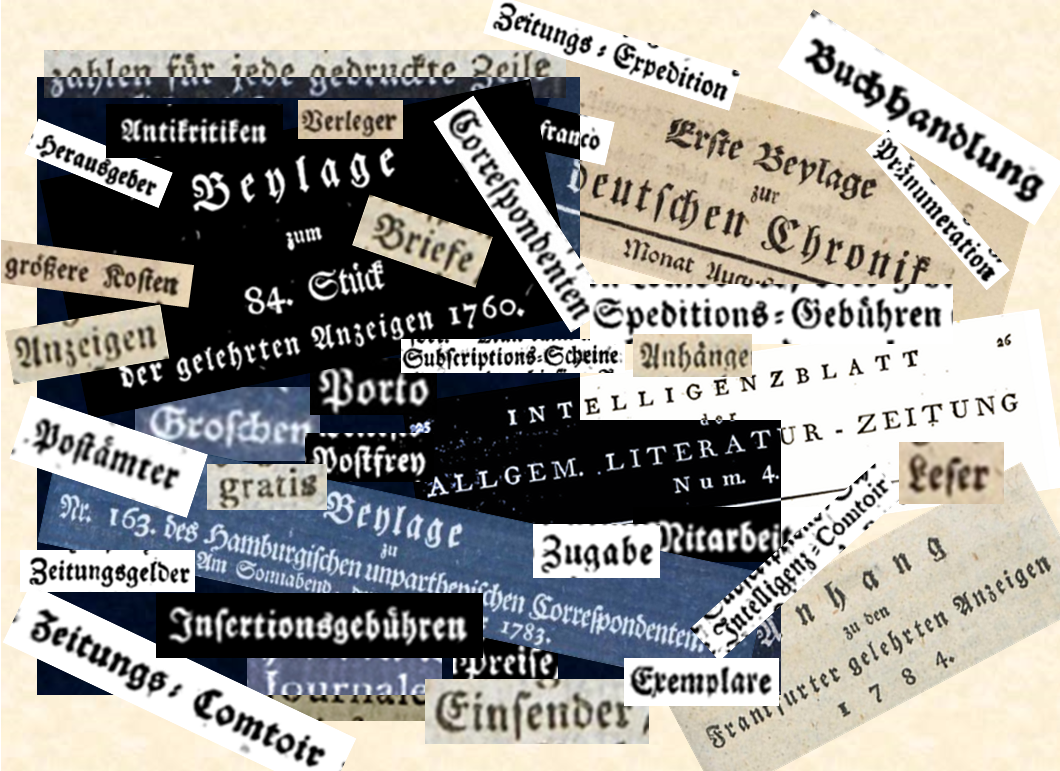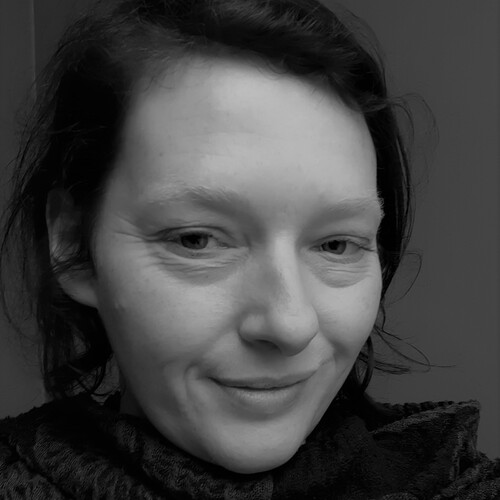From 2001 to 2010 I studied at the Department of German Philology and the Department of Philosophy at the University of Greifswald.
Since 2011 I have been working as a research assistant at the Göttingen Academy of Sciences and Humanities in the project »Scholarly Journals and Newspapers in the Age of Enlightenment«. In my long-term work on the project, I have read over 30,000 pages of journals from the 18th century and would like to share and discuss my experiences.
My Research

Scholarly journals dealt with scholarly news. And even with that particular focus the room for news was of course limited. Publishing a journal was, and still is, first and foremost a business. Decisions had to be made about useful content and dispensable leftovers. These remaining articles often made their way into serial supplements under changed conditions. In my presentation I will discuss the value of news and also value of information in the 18th century. To that effect, I will take into account the editorial communications regarding the concept of supplements.
Abstract
Serial Supplements. On Journalistic Information Policy in the 18th Century
Finding those passages in 18th century journals which, beyond the prefaces, elucidate programmatics, news distribution channels and infrastructure, was left to chance for a long time. Entering the digital age greatly elevated the options for a successful search. In many cases it is now difficult to keep track of the number of hits.
The research database »Scholarly Journals and Newspapers in the Age of Enlightenment« offers systematic access to these editorial communications, providing important insights for understanding how periodicals were organized.
On the basis of these announcements, it is possible to answer questions about distribution, by means of newspaper expeditions, post offices and booksellers, questions about financing and questions about interaction with recipients and potential contributors.
In addition, the utility of information is also discussed, especially with regard to the large number of submissions. This apparently gave rise to the fact that the journals had to position themselves more precisely within the journal landscape and either refused to print or provided special formats for surplus news. While the scholarly journals had opened up a space in which it was possible to participate in scientific developments even far from the geographical manifestation of scholarly institutions, occasionally, for purely quantitative reasons, one was forced to open up further spaces. The resulting supplements were subject to a distinct information policy and a separate programmatic.
The aim of the study is the qualitative analysis of editorial communications recorded in the database, with a special focus on the publication conditions of supplements as a specific serial format that can be regarded as a saturation symptom of the news market.
Recent Publications
Heumann contra Türck, Gundling und Gottsched. Ausschnitte früher öffentlicher Streitkultur in Rezensionszeitschriften, in: Martin Mulsow, Kasper Eskildsen, Helmut Zedelmaier (Hrsg.): Christoph August Heumann (1681–1764). Gelehrte Praxis zwischen christlichem Humanismus und Aufklärung, Stuttgart: Steiner 2017 (Gothaer Forschungen zur Frühen Neuzeit, 12), S. 25–37.
Schönaichs Schmähungen. Formen der Polemik im deutsch-schweizerischen Literaturstreit, in: Kai Bremer, Carlos Spoerhase (Hrsg.): »Theologisch-polemisch-poetische Sachen«. Gelehrte Polemik im 18. Jahrhundert, Frankfurt am Main: Vittorio Klostermann 2015 (Zeitsprünge. Forschungen zur Frühen Neuzeit, 19), S. 135–148.
Totschlag mit der Feder? Zur Kontroverse um das anonyme Rezensionswesen in der deutschen Frühaufklärung. In: Frauke Berndt / Daniel Fulda (Hg.): Die Sachen der Aufklärung. Hamburg : Meiner, 2012, S. 163-169.

